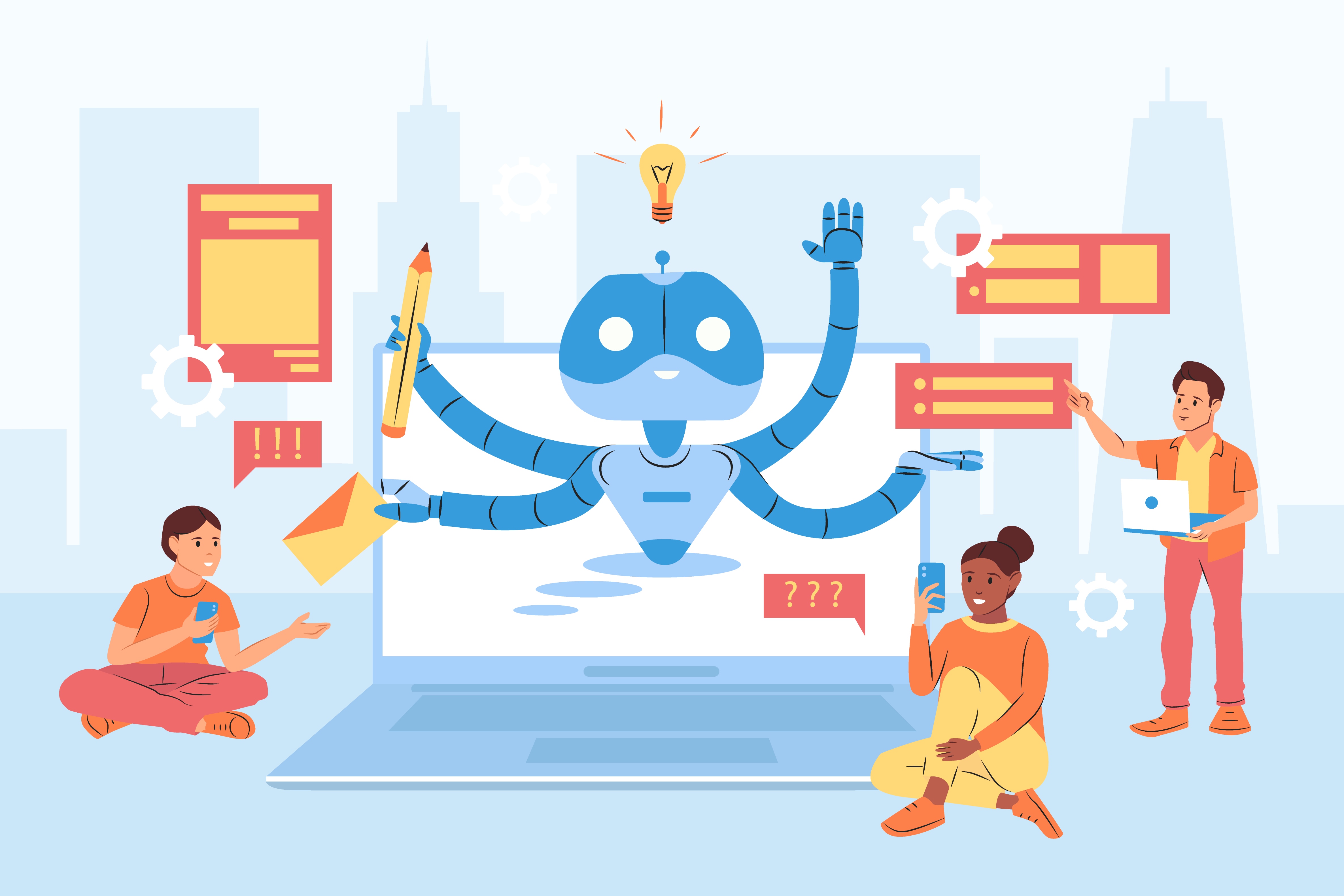Global South should lead the ethical AI drive

Jensen Huang, the CEO of NVIDIA, recently stated in an interview, "Nobody needs atomic bombs. Everybody needs AI," and presented a moment of clarity in a world increasingly clouded by technological arms races, algorithmic governance, and geopolitical anxiety. Yet, beneath the applause lies a deeper question: who owns the intelligence? Is it a shared inheritance of humanity, or is it becoming a private empire—coded, patented, and monetised?
This question is no longer philosophical. It is civic, economic, and existential. Artificial intelligence is no longer a laboratory curiosity; it is the infrastructure beneath our hospitals, classrooms, courts, and cities. From predictive policing to automated diagnostics, AI is shaping how decisions are made, who gains access, and what futures are possible.
But this infrastructure is not neutral. It is built on data often extracted without consent, trained on language frequently biased by history, and governed by corporations largely beyond the reach of democratic oversight. In this context, Huang's message is both urgent and ironic. While urging nations to invest in intelligence over weaponry, he represents a company whose chips power the very systems that concentrate intelligence into private hands.
Historically, intelligence was communal. Farmers shared seasonal knowledge, healers passed down herbal wisdom, and poets encoded civic memory. Intelligence was not a commodity; it was a commons. Even in the digital age, open-source movements, academic research, and public education systems have sought to preserve this ethos. The internet itself was born from a vision of decentralised access to information. However, today, that vision is under threat. Large language models are trained on public data, yet their outputs are locked behind paywalls. National AI strategies prioritise economic competitiveness over ethical inclusion. Intelligence is being fenced off, turned into a gated estate.
Consider the current landscape. A handful of companies—OpenAI, Google DeepMind, Anthropic, Meta—control the frontier models. These models require billions of dollars in computing power, access to proprietary data, and elite talent pools. The result is a concentration of power unprecedented in the history of science. When intelligence is privatised, it reshapes the social contract—citizens become users, teachers become content moderators, doctors become data annotators. The algorithm becomes the arbiter, not just of truth, but of possibility.
In the Global South, the stakes are even higher. Countries such as Bangladesh face a double bind: they must adopt AI to remain competitive, yet they lack the infrastructure to shape it. Without strategic investment, they risk becoming consumers of intelligence, not co-authors. Bangladesh has made strides in digital transformation. From mobile banking to e-governance, the country has embraced technology as a tool for inclusion. But AI presents a new challenge—one that requires not just adoption, but authorship. To invest in intelligence is not merely to buy servers or train engineers. It is to address what kind of intelligence we want, whose values it will shape and what languages it will speak. This is where Bangladesh must lead—not by replicating Silicon Valley, but by offering a plural vision of intelligence, rooted in civic ethics, linguistic diversity, and generational memory.
If intelligence is to remain a shared inheritance, we must reimagine its architecture. First, we need public AI infrastructure: models trained on local languages, civic data, and ethical frameworks that are open, auditable, and accountable. Second, we need plural participation—not just engineers, but poets, teachers, farmers, and elders must shape the datasets and design principles. Third, we need ethical guidelines that go beyond privacy and bias to ask deeper questions about dignity, agency, and inclusion. Finally, we need transmission strategies to teach AI literacy in schools, communities, and workplaces.
Around the world, the debate is intensifying—the European Union is passing AI regulations, the US is investing in frontier models, China is building state-aligned intelligence systems. Yet, few are asking the civic question: what kind of society does this intelligence serve? This is where Bangladesh, and other nations in the Global South, can offer leadership by building the most ethical model and cultivating plural memory.
We stand at a crossroads. One path leads to an algorithmic oligarchy, where intelligence is owned, monetised, and weaponised. The other leads to civic intelligence, where knowledge is plural, ethical, and inclusive. The choice is ours. And the future will remember what we chose.
Sahadat Hossain is an ICT strategist.
Views expressed in this article are the author's own.
Follow The Daily Star Opinion on Facebook for the latest opinions, commentaries and analyses by experts and professionals. To contribute your article or letter to The Daily Star Opinion, see our guidelines for submission.




 For all latest news, follow The Daily Star's Google News channel.
For all latest news, follow The Daily Star's Google News channel. 

Comments